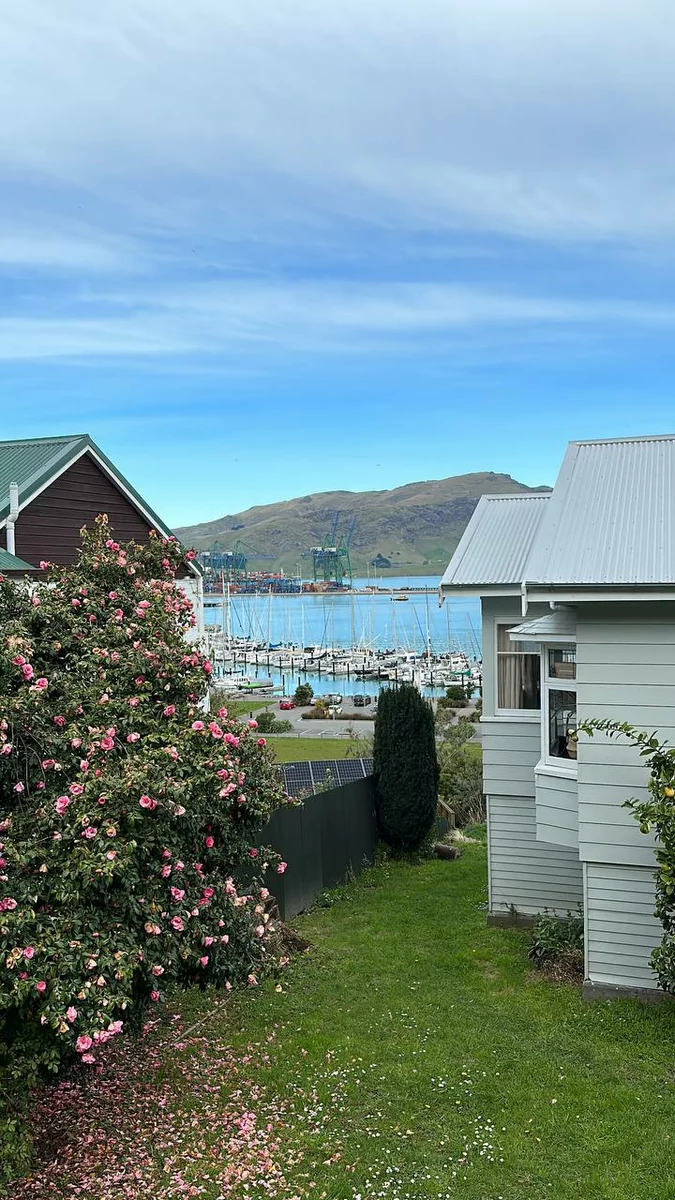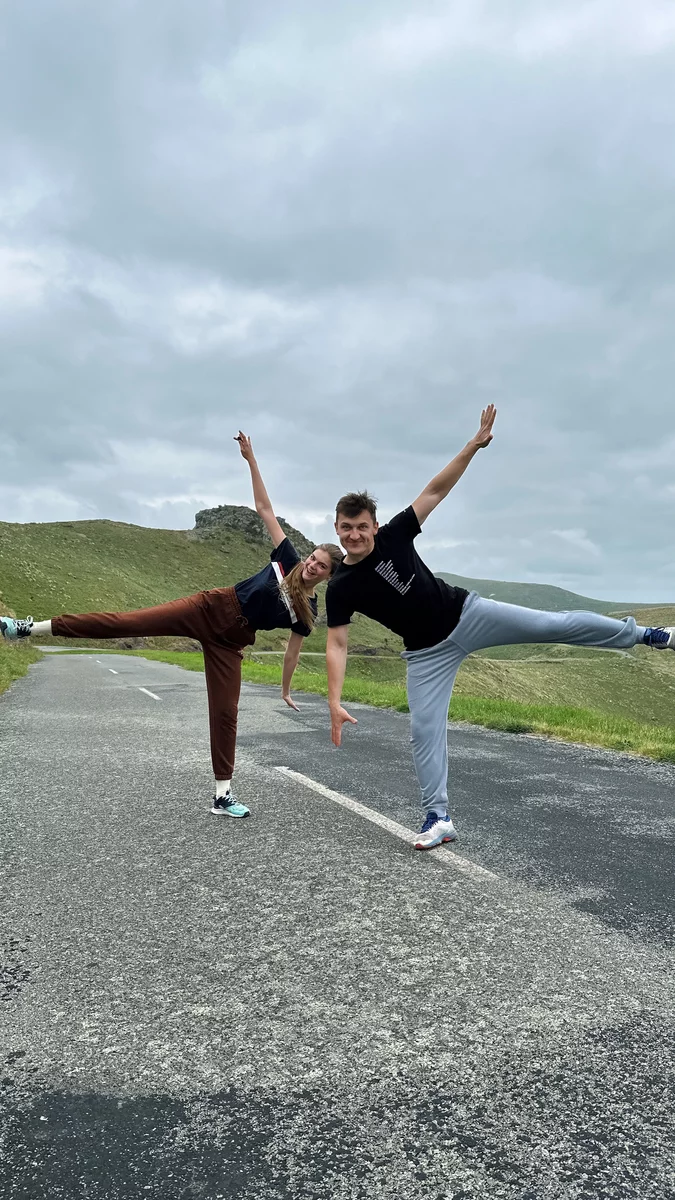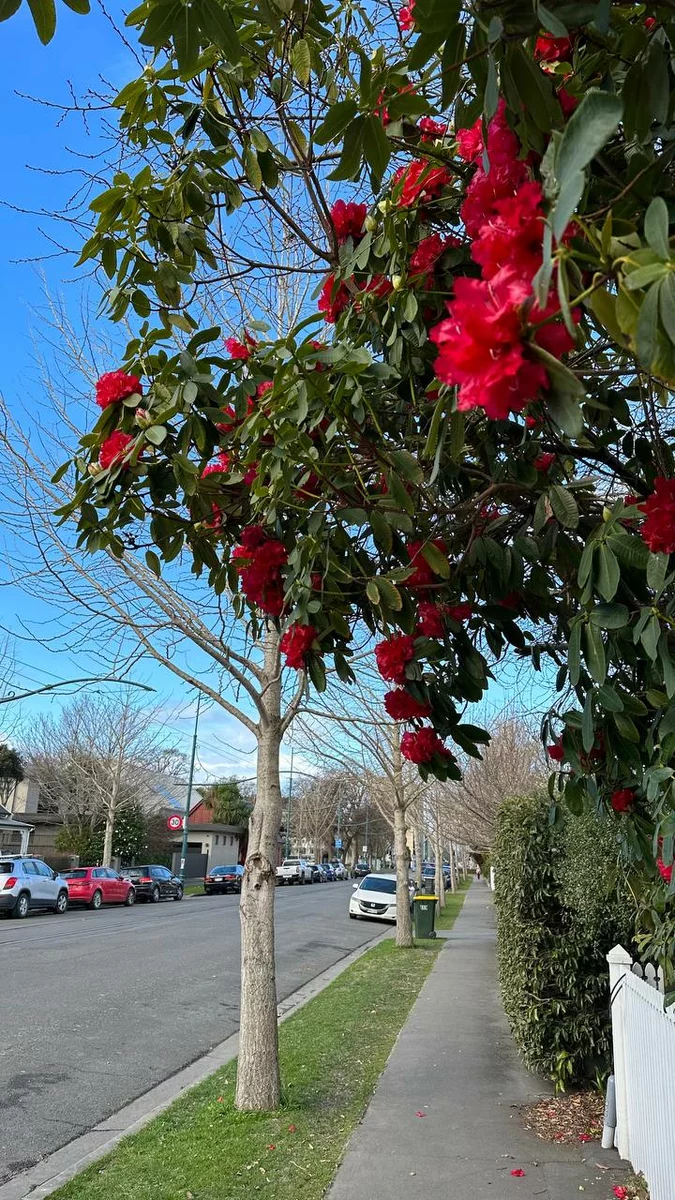
“The wind sometimes makes it feel like your house is about to collapse.” Pros and cons of life, average salaries, and incredible nature
How can one start living in New Zealand? How much money is needed for a comfortable stay in the country? What problems can you encounter? We found heroes from two different cities in New Zealand and asked them what it's like to live there.
“For $3000, you can buy a nice car.”
Ayuna shared her experience of living in the country's capital with us.
— My name is Ayuna, I am 32 years old, and I am from Ulan-Ude. Now I am on maternity leave.
My family and I have been living in New Zealand for one year. We settled in the capital of the country — the city of Wellington.
On weekdays, we walk around the city and learn about new places and sights; now that we have spring, we enjoy the beauty around us.


About the standard of living
New Zealand is a costly country; this applies to almost everything: housing, gasoline, food, medicine, education, etc. For example, renting an apartment costs around 300 USD per week.
Among the inexpensive things are transportation, appliances, and clothes. A good car can be bought for a little more than 3000 USD, and many brands of clothing can also be purchased at inexpensive prices.
In general, the standard of living in the country is high, but there is social inequality between the rich and the poor.
For a comfortable life, 3000-4000 USD per month is enough.
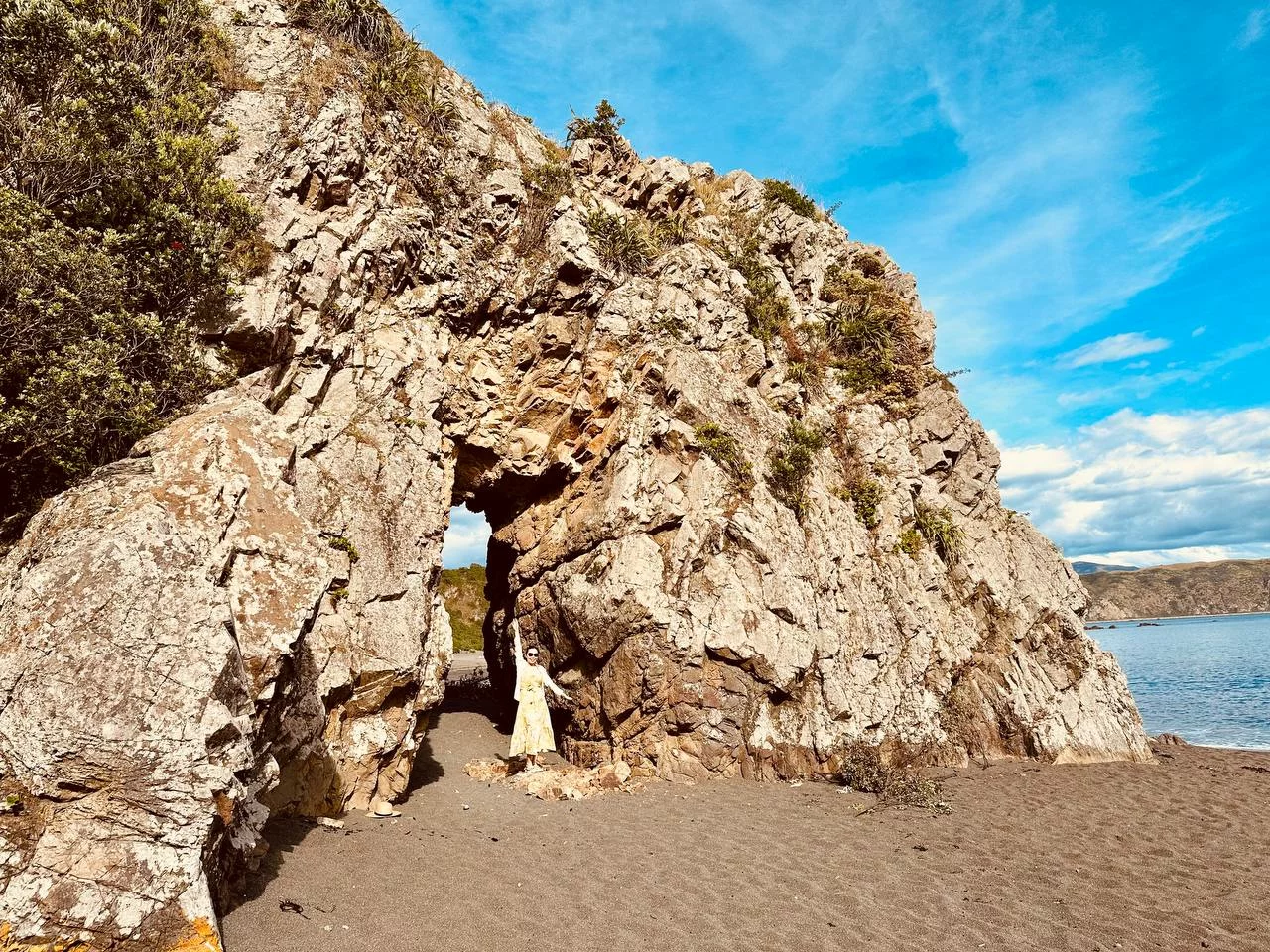
About locals and attitudes towards foreigners
— New Zealanders are very kind and helpful; they like to spend time with their families, do sports, run, ride bicycles, and go hiking. They go to cafés and restaurants in big groups.
Locals do not like to rush anywhere; they enjoy life here and now. There is no fuss or hurry; everything is very measured and slow. On the roads, everyone gives way to each other; no one honks or swears.
New Zealand is very friendly to foreigners. There are many nationalities here, and everyone treats each other with respect and understanding.
By the way, there are 3 official languages in the country — English, Māori, and the sign language of deaf-mutes.
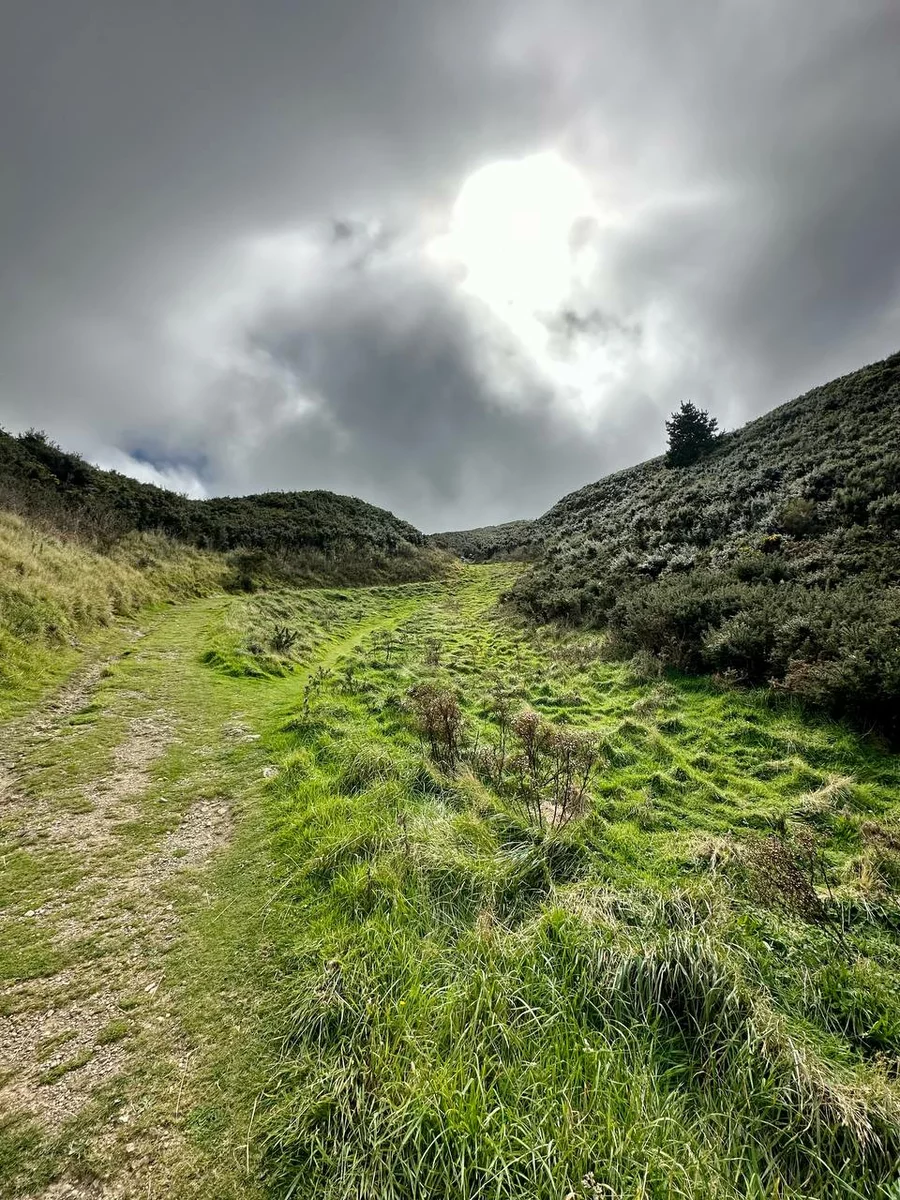
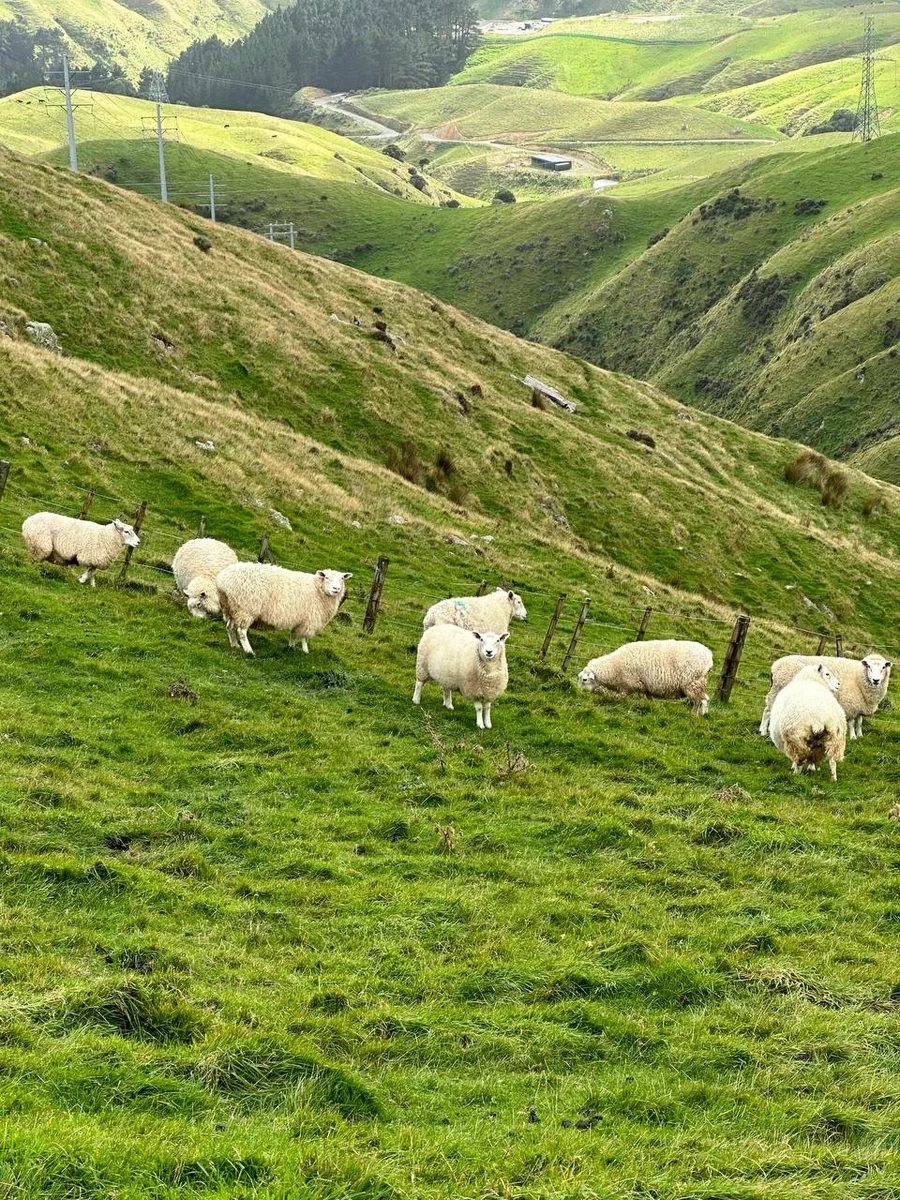
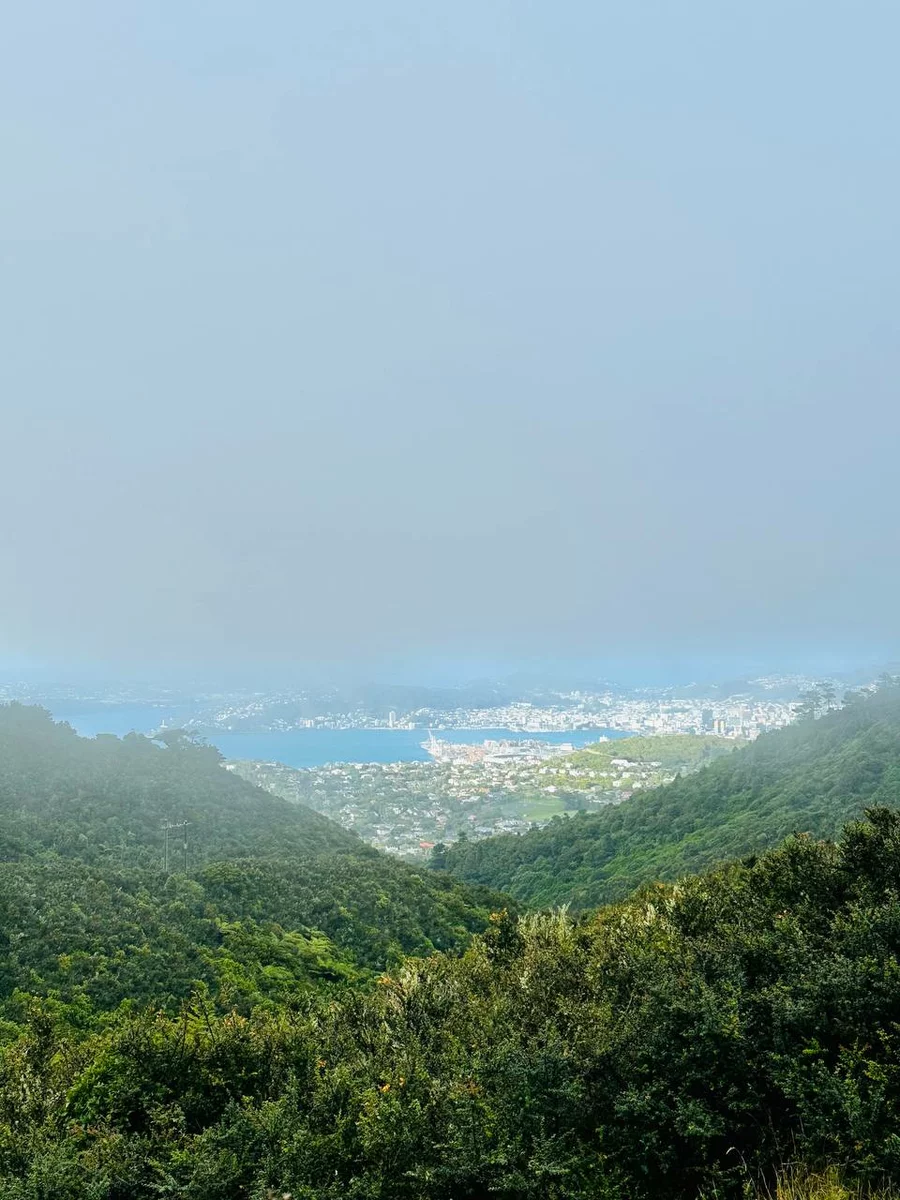


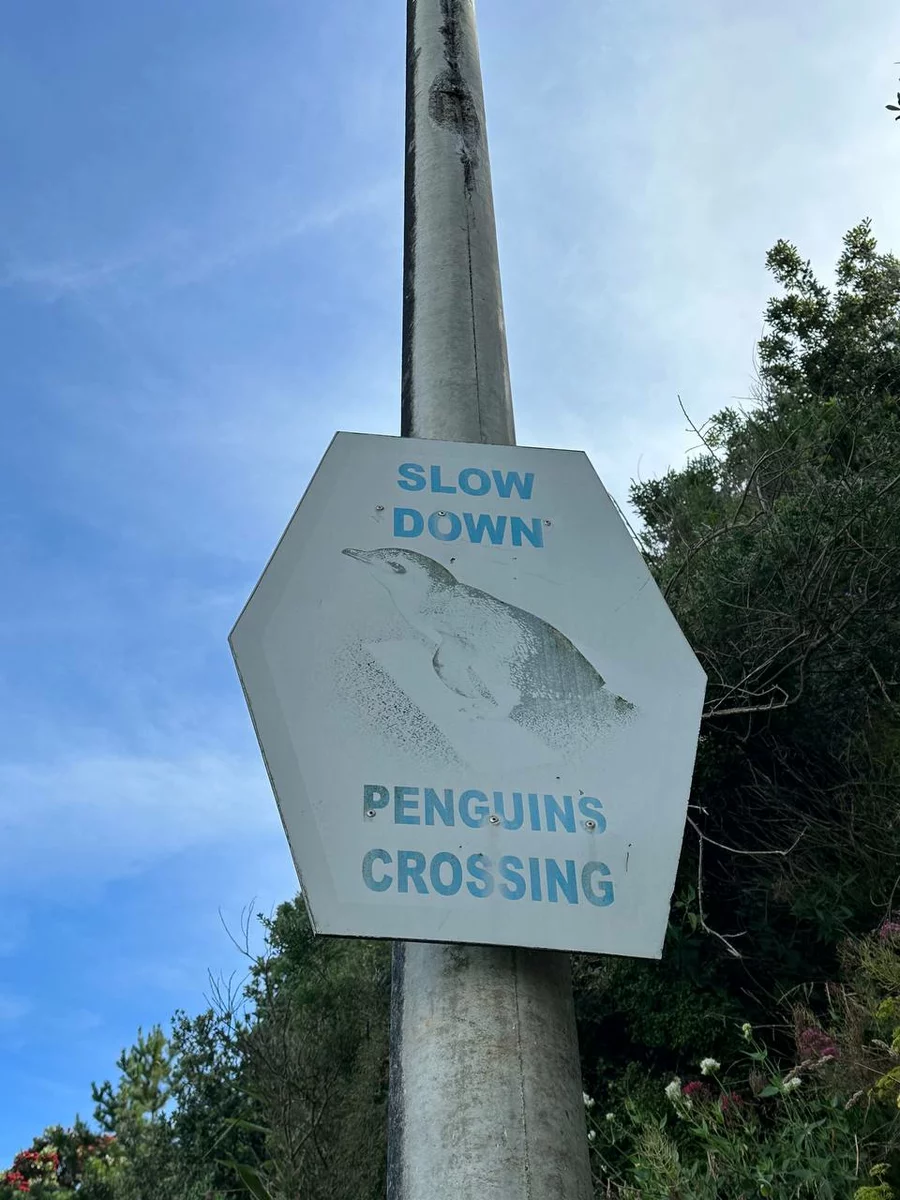
“Wellington is the windiest capital in the world.”
From the minuses, I can note the following:
- Life in New Zealand is very expensive.
- There is an acute shortage of highly qualified specialists in the medical industry; it is impossible to see a doctor for a very long time.
- Education here is not at the best level either: lack of teachers and not enough educational programs.
- Wellington is the windiest capital in the world, with wind gusts up to 80 km/h. The weather here is very changeable: it was just sunny; in 5 minutes it rained and was windy; and 5 minutes later — a hurricane. There are often strong earthquakes. At first, it was very difficult to get used to such a strong wind; it seemed that your house would collapse, but gradually you get used to it.
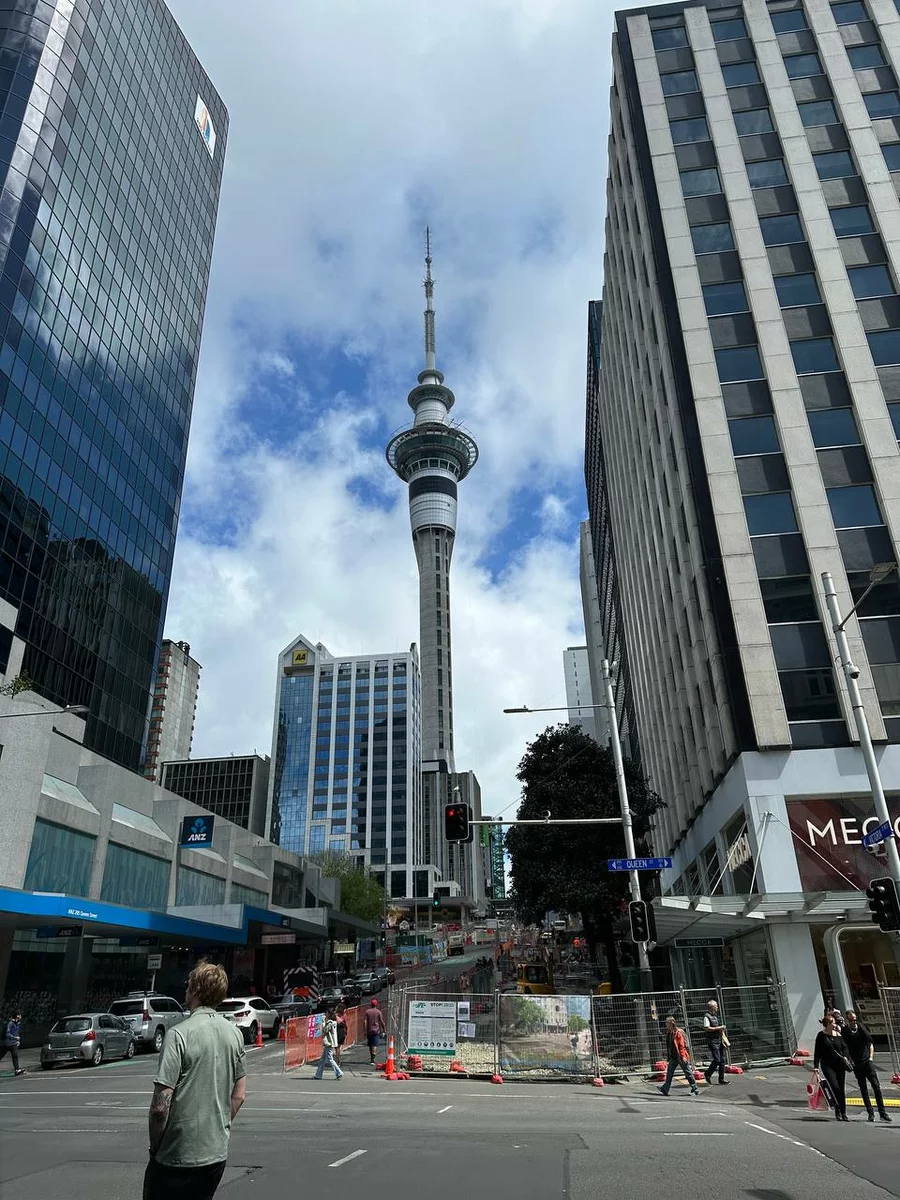
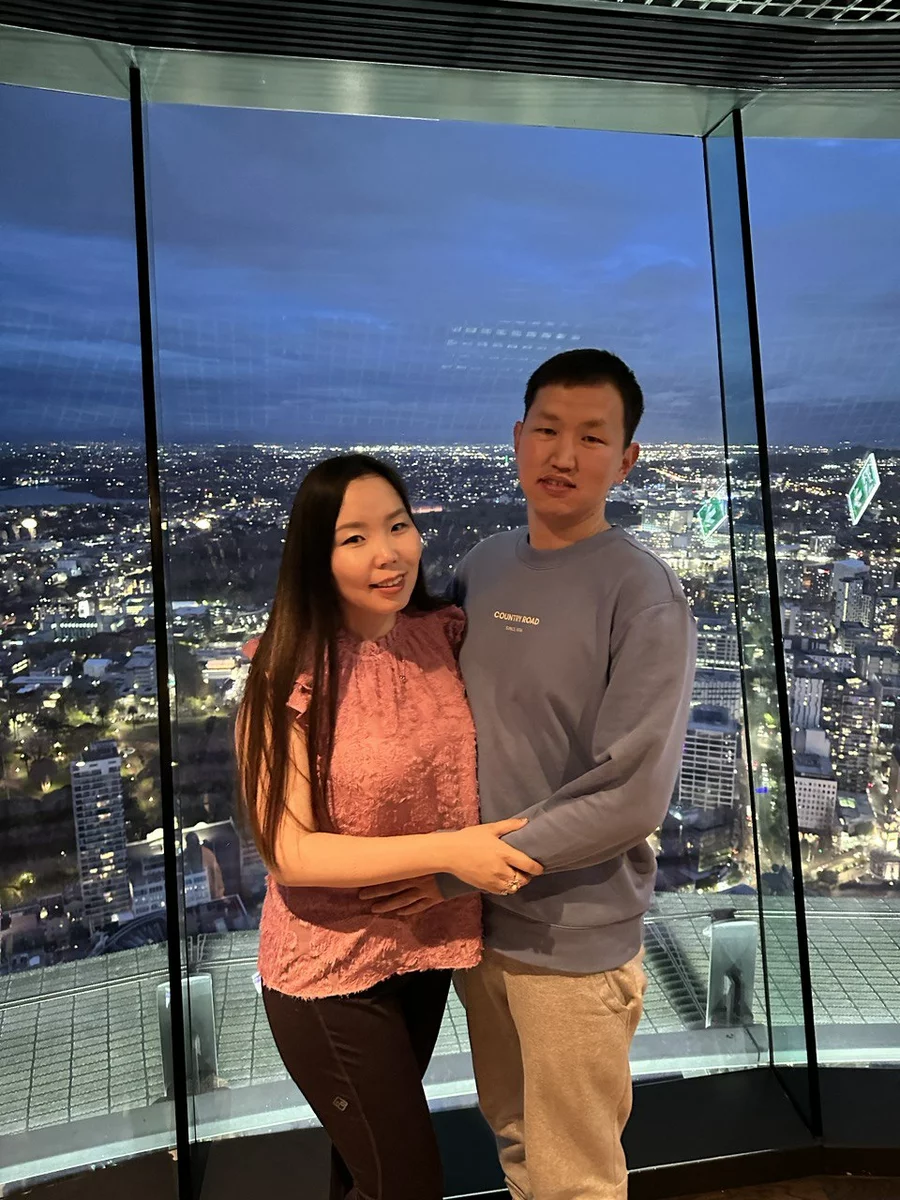
Pros of living in New Zealand:
- Indescribably beautiful nature, near the Pacific Ocean, and many different exotic birds and animals.
- Very kind and sincere people who will always help. I have never once encountered negativity; everyone is very well-mannered and cultured.
- Very tasty products: dairy, meat, fruits, and vegetables.
- There are numerous boutiques where you can buy clothes inexpensively.
- Very good ecology: as it is an island, there is no air pollution.
- The country itself is also super ecological, which is inspiring: we recently gave up plastic bags, and now we go to the store with cloth bags.
- The infrastructure is well-developed: many places for family recreation with children, cinemas, theaters, cool museums and shopping centers, cool zoos, parks, gardens, gyms, playgrounds, and stores. There are lots of tourist sites.
- Periodically come world stars, musical groups, singers, and singers. This year was the FIFA Women's World Cup.
New Zealand will suit families with children, nature lovers, and travelers, as well as people who love life, appreciate every moment, and are in no hurry.
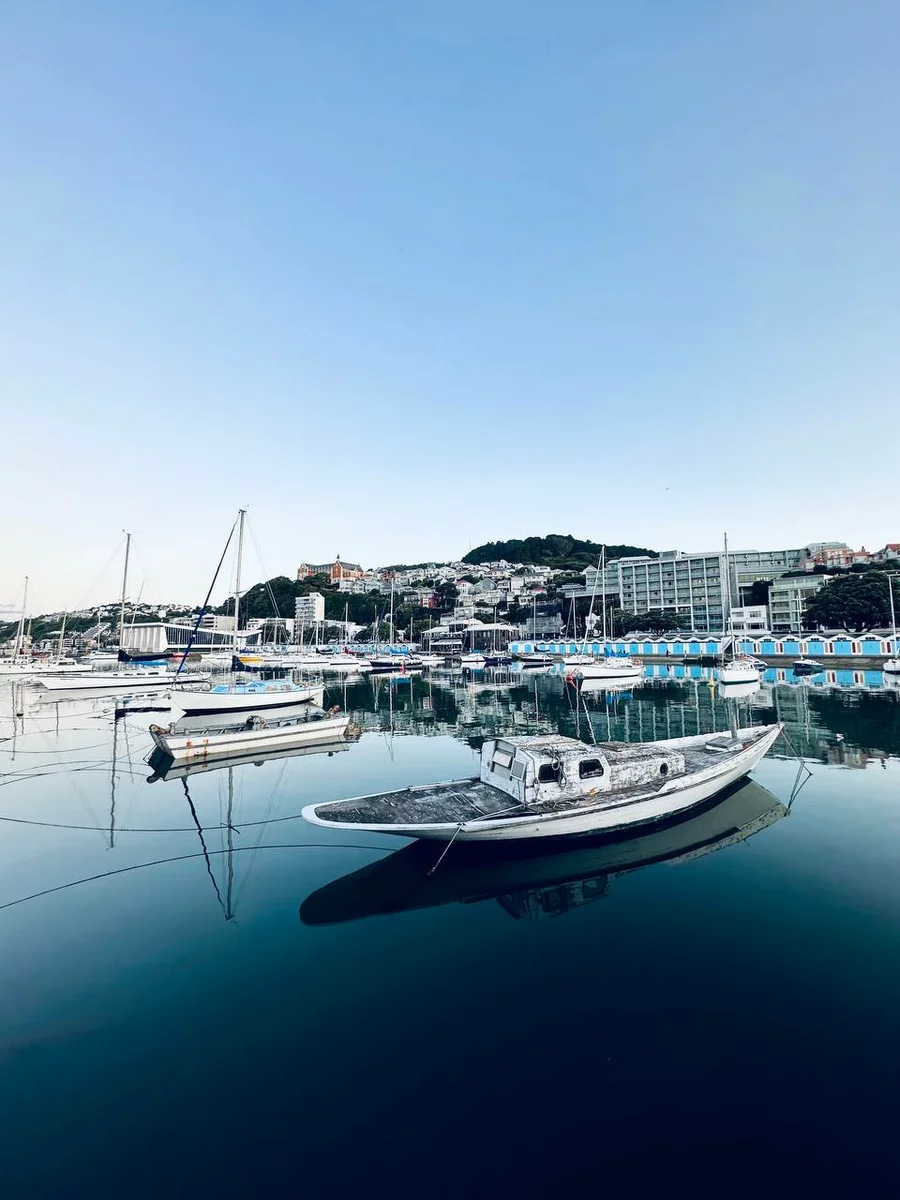
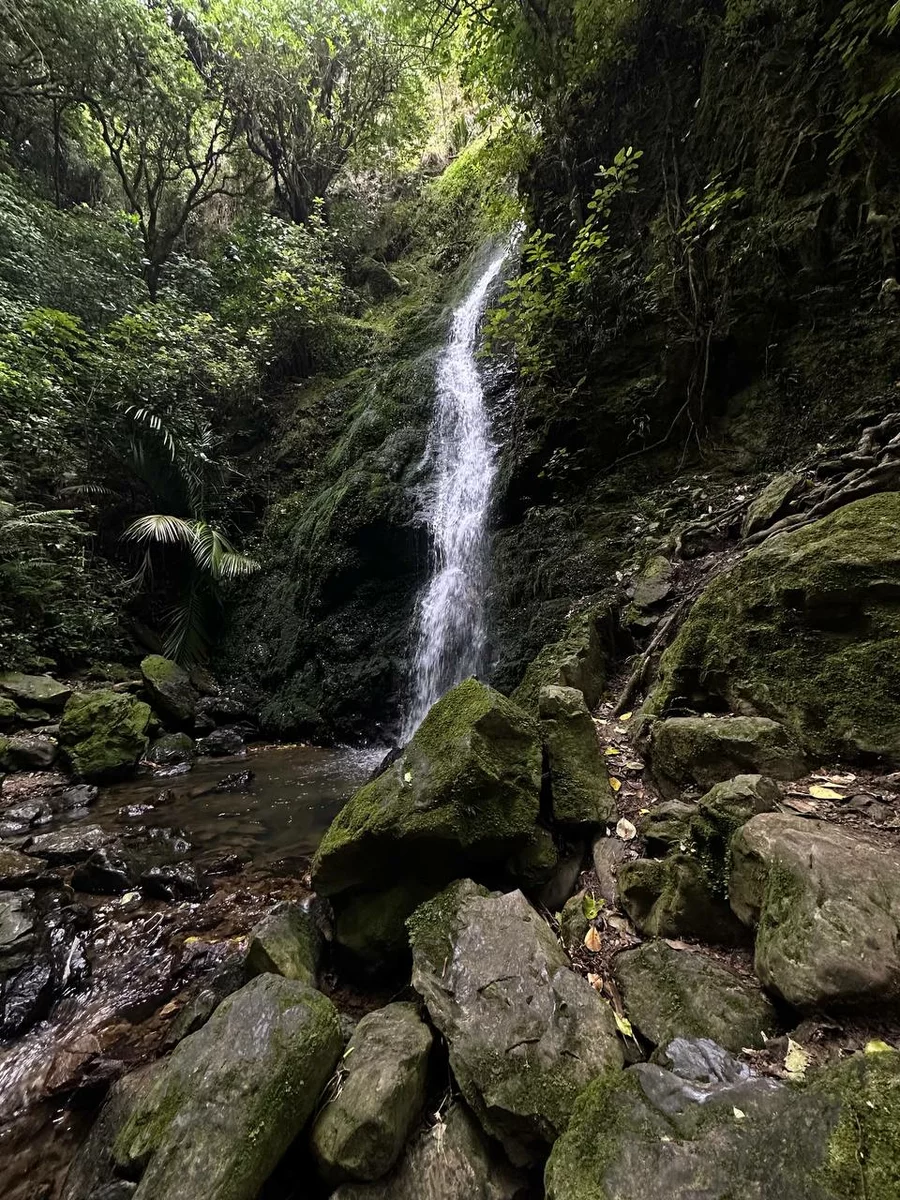
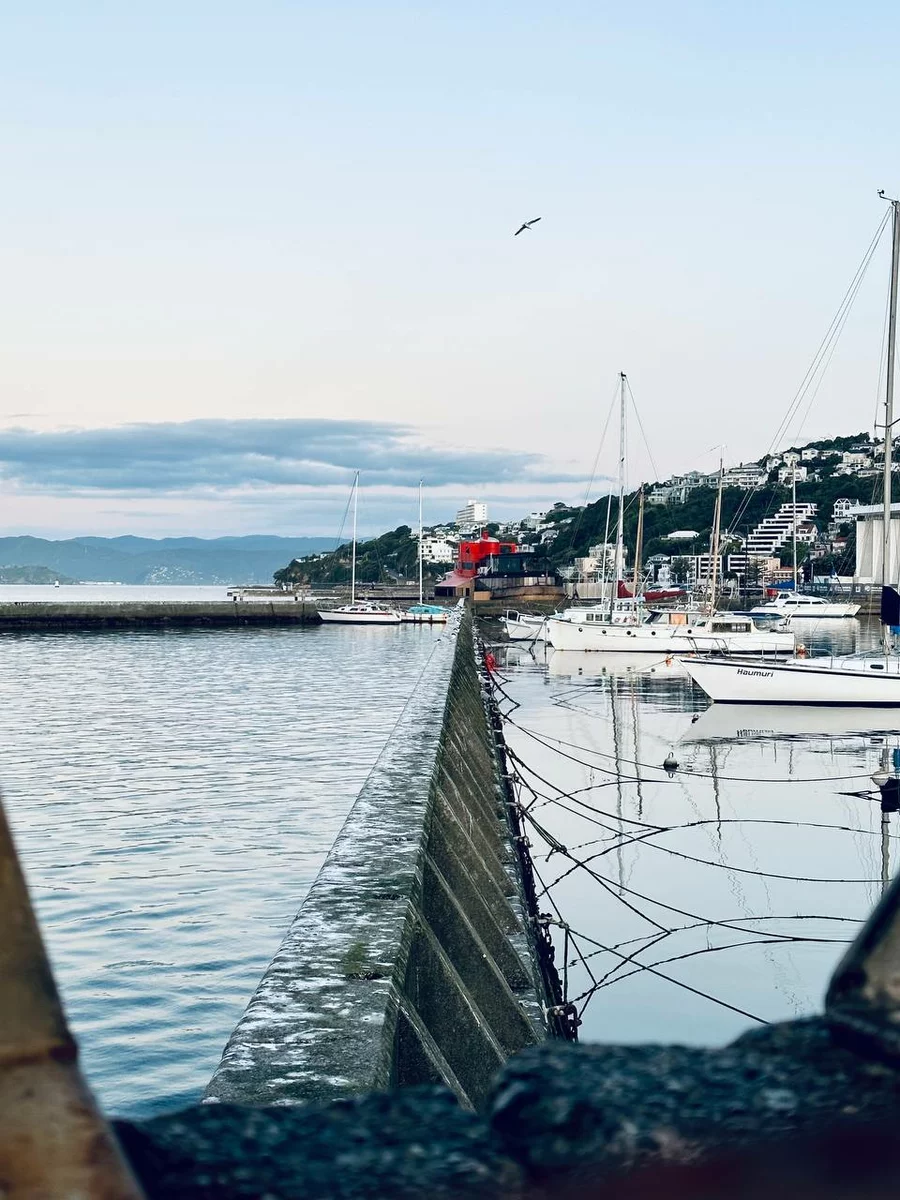
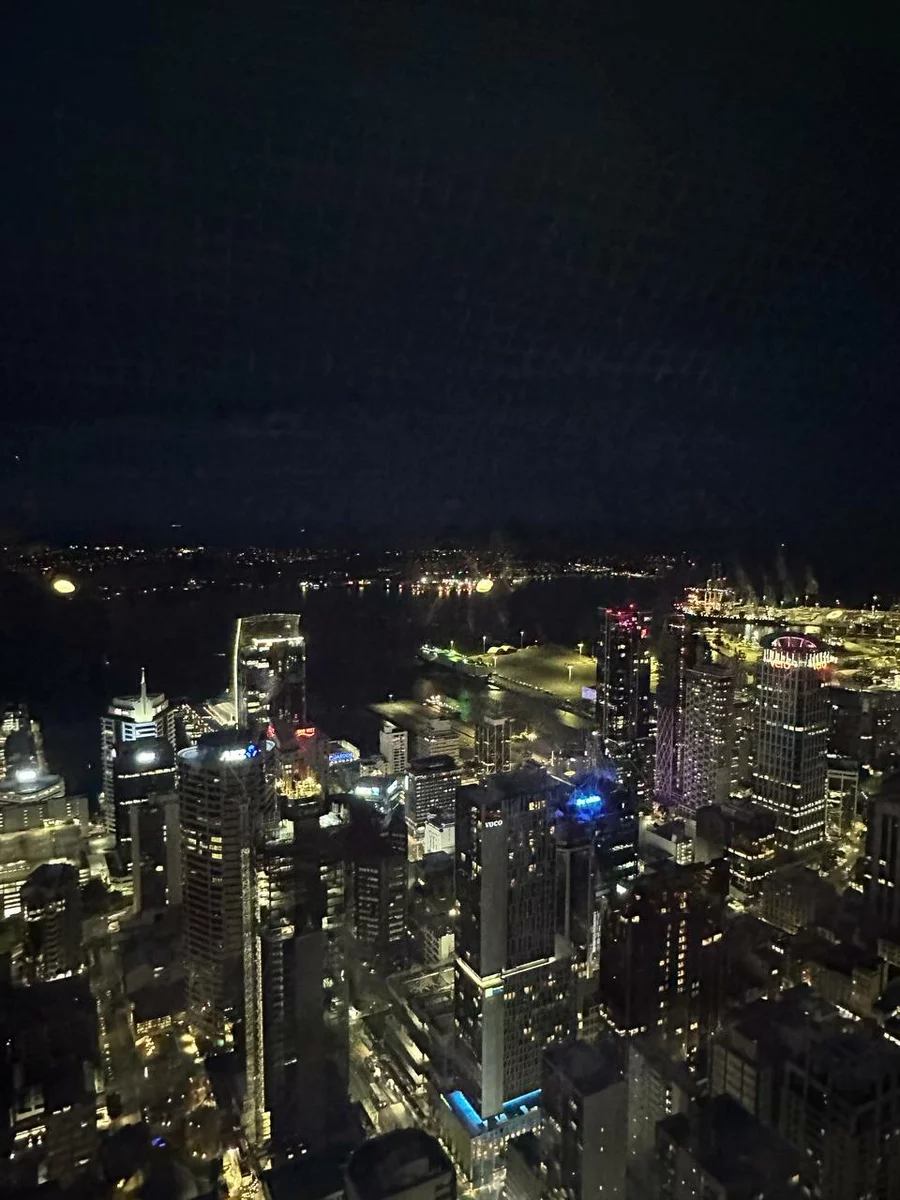
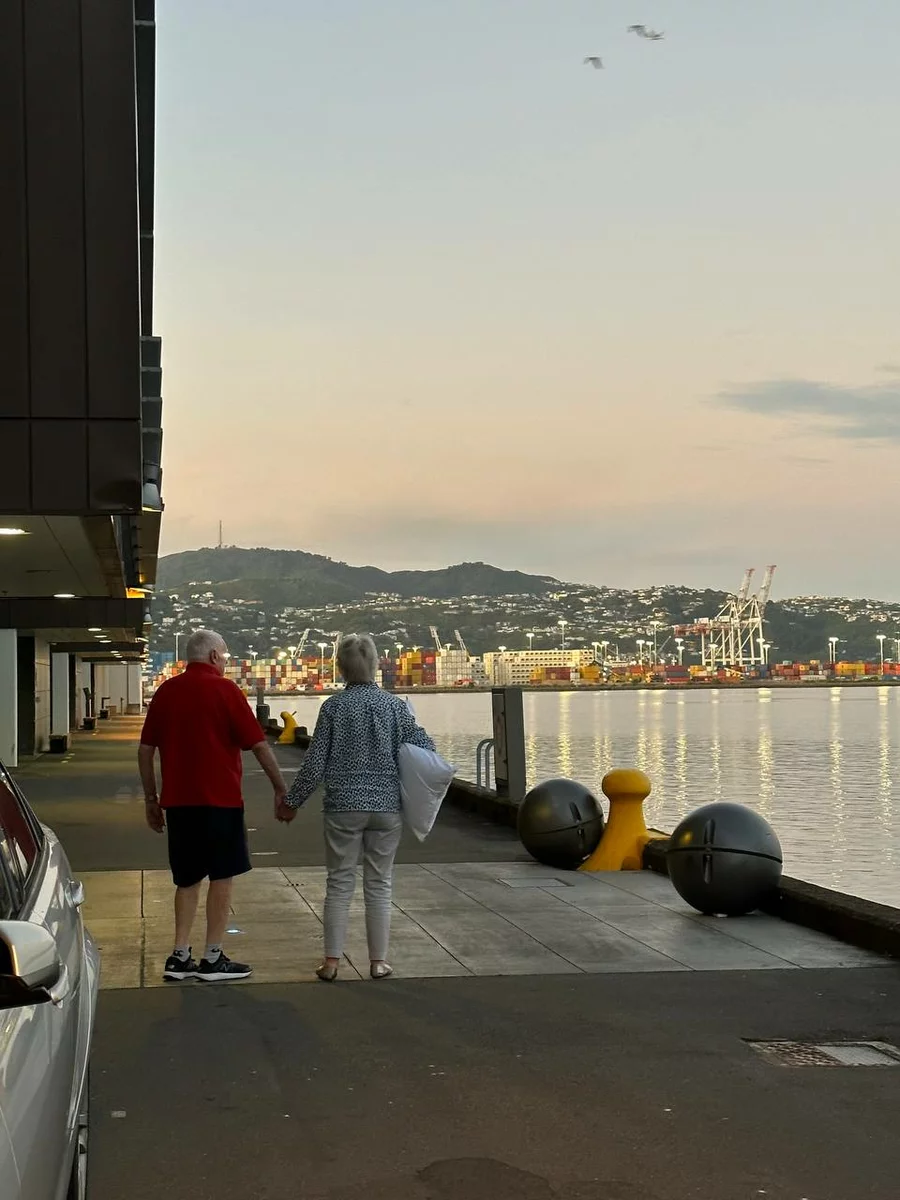
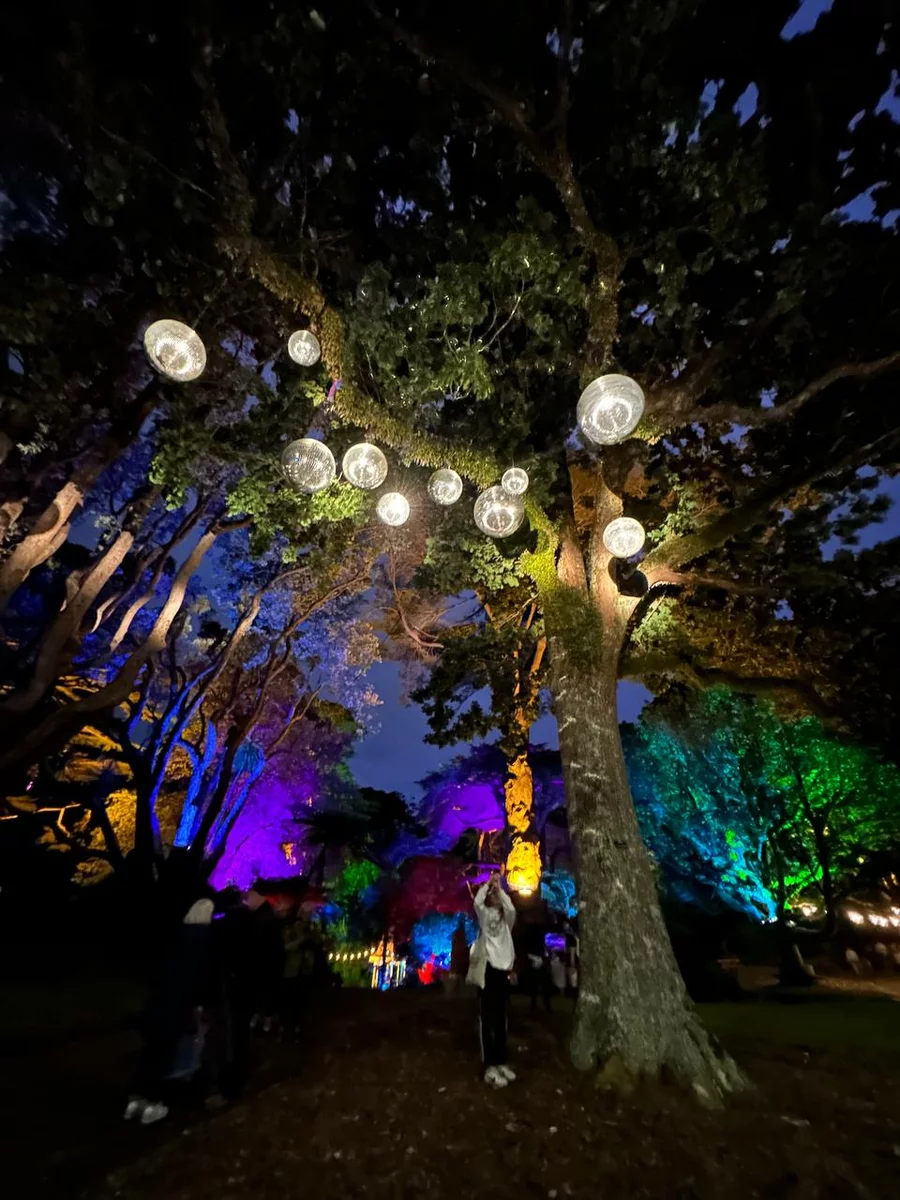
“You don't have to pay rent monthly, but weekly.”
Anastasia told us about life in another New Zealand city, Christchurch:
— I am 24 years old, and my husband is 26. We came here from St. Petersburg. I am an SMM marketer, and my husband is a programmer.
We have been living in New Zealand for two months. We stayed in the city of Christchurch — it's the 3rd largest city by population in the country. This is where my husband's office is located.
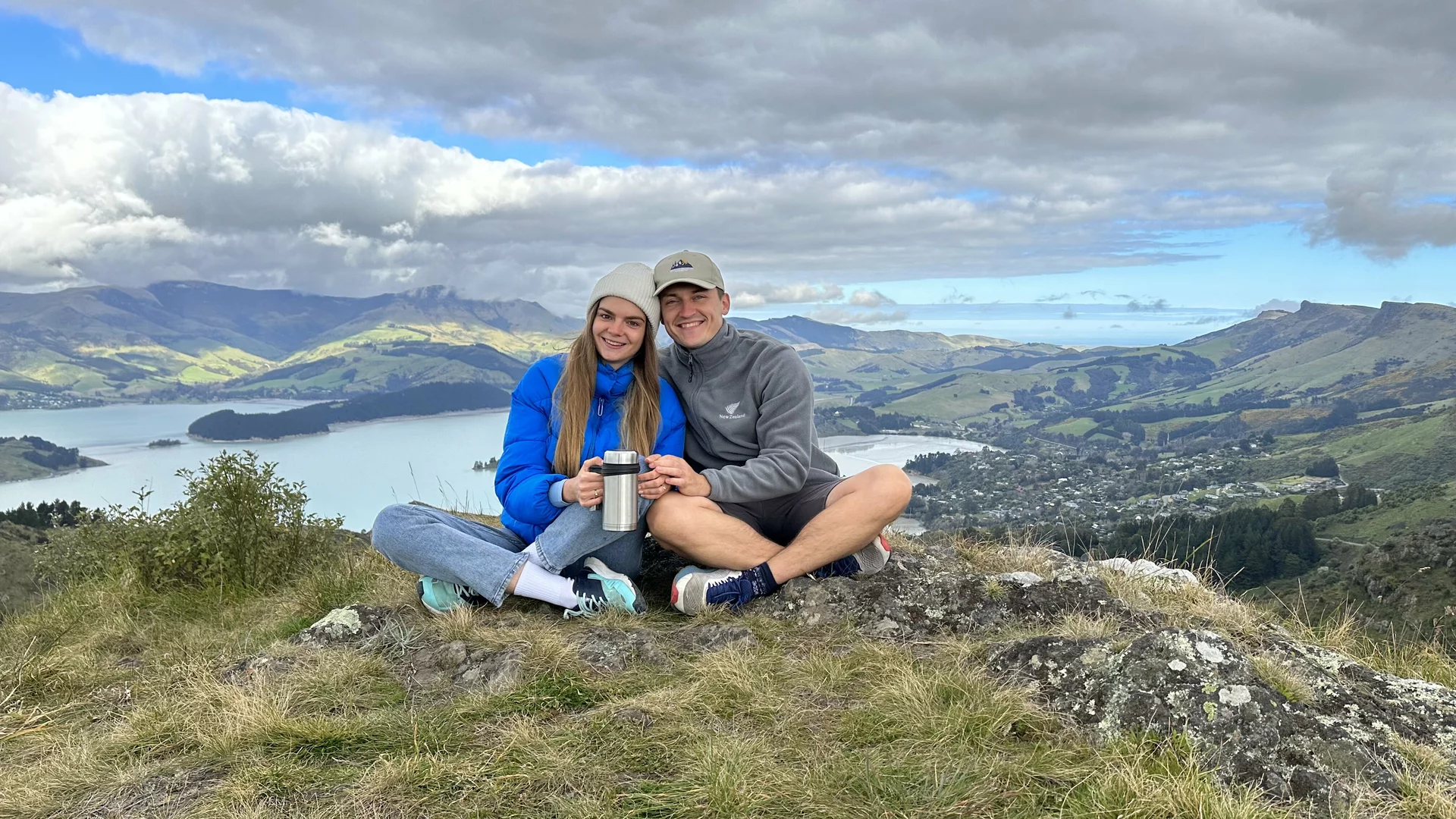
About prices and salaries
— The standard of living here is high; New Zealand is among the world's top 10 in this respect. Concerning local salaries, prices are adequate; if we are oriented towards salaries in Russia, they are very high.
Gasoline is very expensive here, but cars are cheap. Travel by transport with a special card is 2–3 times more profitable. Equipment and clothes are quietly bought from each other by the locals. I know that it is very expensive to treat anything, and there are not many specialists. Sometimes it is even cheaper for people to fly somewhere to be treated.
In a week, it is enough NZ $500 (about 300 USD) to buy groceries and go somewhere on the weekend. For NZ$400–500 (230–300 USD) per week, you can rent very good accommodation. Payments are always made by the week.
In general, you get used to the prices. In the beginning, it was a bit hard, but when you get your first local salary, everything normalizes. By the way, the average monthly salary in New Zealand is $4000 NZ (about 2340 USD) before tax (it depends on the amount). The more you get, the more tax you get. For example, starting from NZ$48,000 (28,000 USD), the tax is 30%.
Doctors and teachers, as well as professions where you need to work with your hands, are in great demand here. IT specialists are also popular. To find a job here, you need the appropriate type of visa (open work visa) and at least a basic knowledge of English.
Note. In addition to the invitation to work, the grounds for immigration and obtaining a residence permit are: enrollment in a New Zealand university or language school; creation or purchase of a business in New Zealand; investment in the economy of the country; marriage to a resident or citizen of the country; and family reunification.
A passport can be obtained after five years of living in the country with a residence permit.


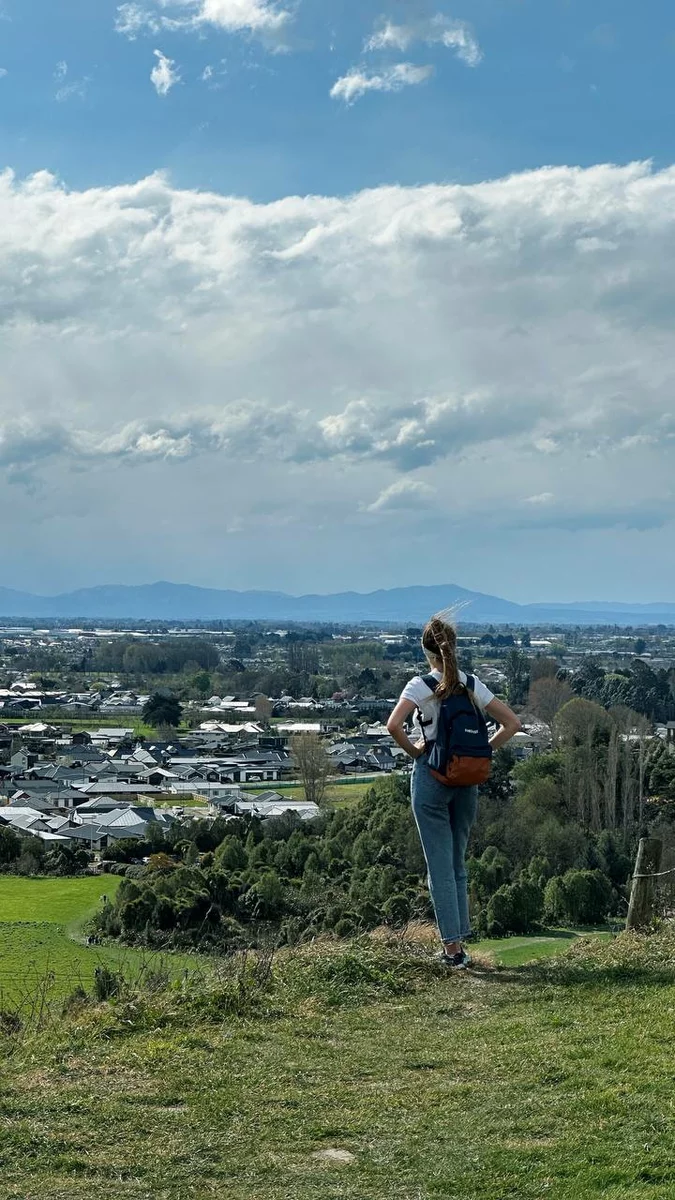
Our history of finding a house for rent
— When we arrived, we naively thought we would find an apartment quickly. We rented the most affordable hotel that had a kitchen for two days. We checked in on Saturday and immediately started searching. But it turned out that on weekends everyone is on vacation; no one responds to emails, let alone shows of apartments. So we could solve our apartment question only five days a week. We extended our stay and waited for weekdays.
On weekdays, it turned out that the stages of searching for and renting an apartment in New Zealand are as follows:
- Resurcharge: in the description, there is usually a link with an appointment to view (a clear day and time are highlighted). If there is no such link, all questions can be clarified by writing or calling.
- Viewing at the appointed time. The process takes a maximum of 15 minutes, so you should not be late. It is attended by everyone who wants to see the apartment; sometimes there are more than 10 people.
- Then everyone who likes the apartment submits a rental application to the agent. He checks the data and documents and makes a rating of candidates. Usually, it takes a week.
Ultimately, we lived in a paid waiting mode (in a hotel) for 10 days. We went to viewings on average 2–3 times a day. There was no feedback at all.
We got our second wind when a colleague of my husband's (who had also recently moved here with his wife) invited us to live with him. After a month of living with them, we moved into our house. The first two weeks were spent setting up the household, buying pillows, blankets, chairs, tables, etc.
It turns out that we spent two weeks first looking for a place to live, and then we waited almost a month for it.
Why is it so long and difficult? We were looking for a convenient location in the city center; that's why the competition is higher. It's much easier in bedroom communities. Plus, owners start looking for a tenant very early to find good tenants (including checking all the documents). And another nuance: 90% of ads on the market are agency-produced. Owners very rarely rent housing on their own. And through agents, checks are carried out more thoroughly.
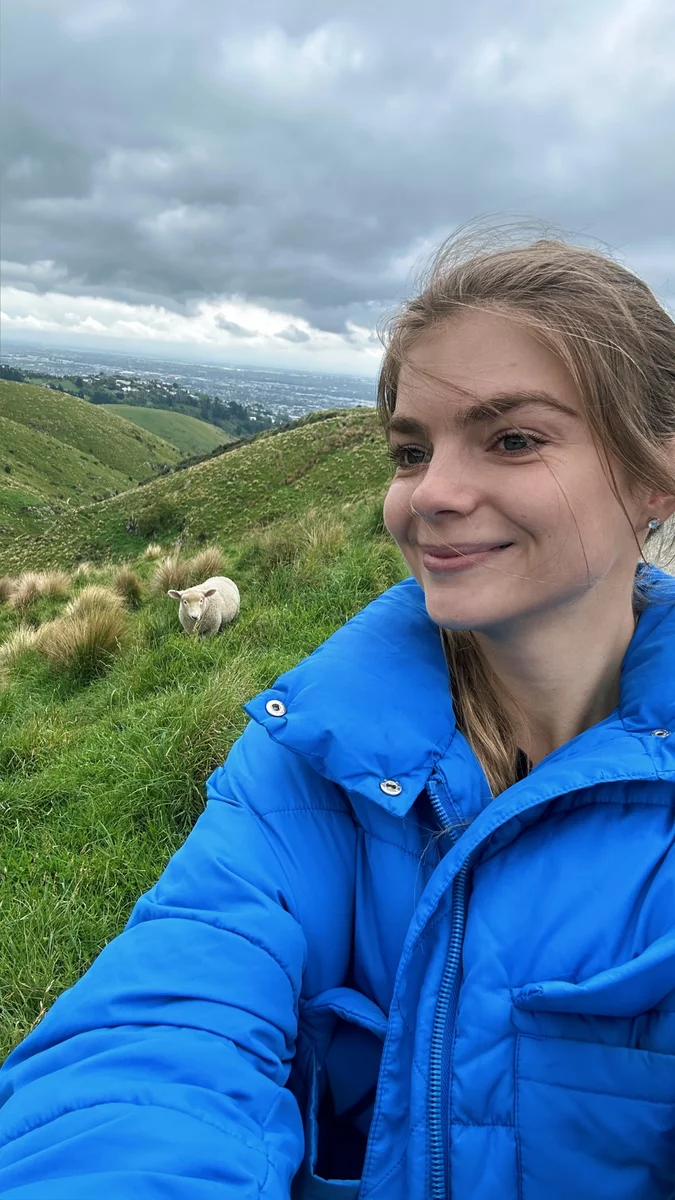
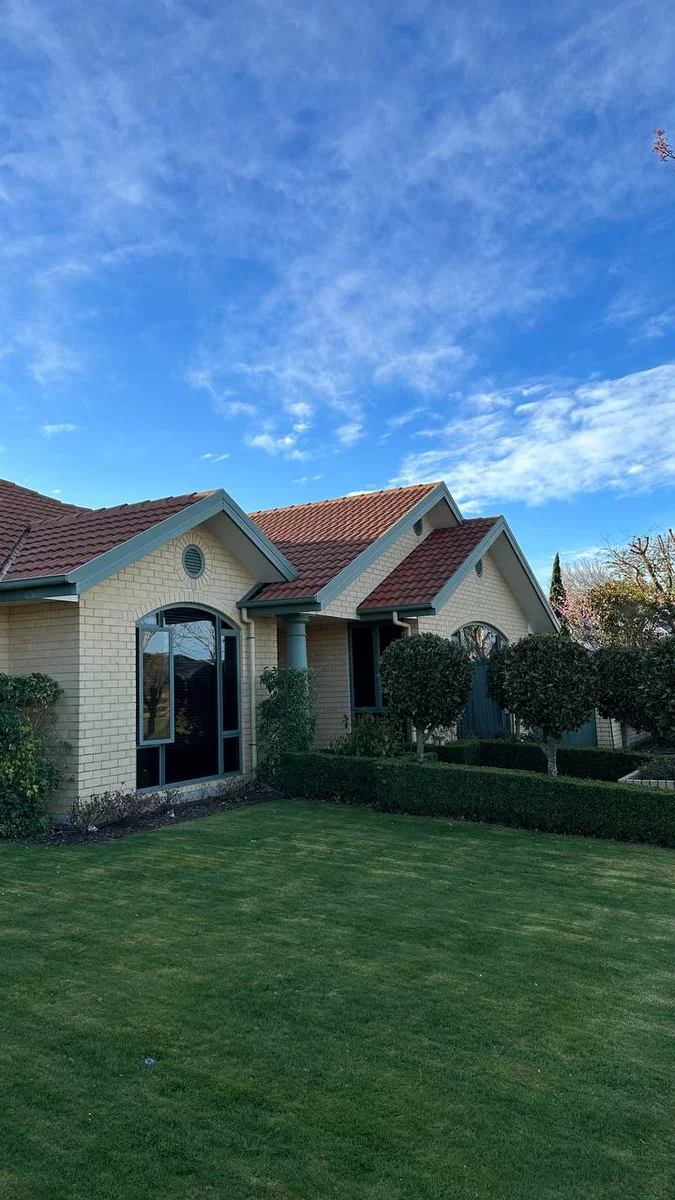
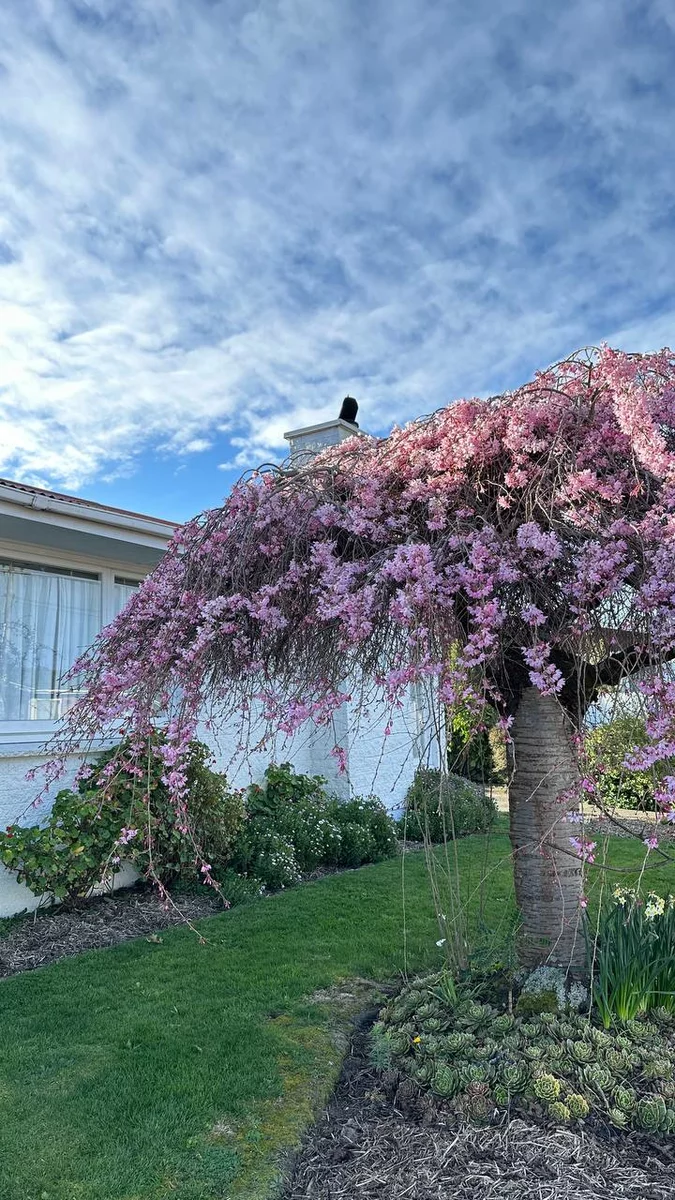
“New Zealand suits those who aren't bored just walking around.”
Pros and cons of life
— What I like about living in New Zealand is the attitude towards people, friendliness, and respect for everyone. Also, the attitude towards cyclists and the conditions for them are great! Also, they have smart intersections everywhere.
What I don't like is that there is no such fast service (for example, food delivery in 15 minutes, etc.), which we are used to living in a metropolis. And in principle, the mode of operation of establishments is surprising: a construction store can work on Saturday for only 4 hours and on Sunday not work at all; many cafés and restaurants work only in the morning and after 17:00 (because there is no flow of people, everyone is at work).
What I have learned about the locals and their attitude toward life is that they live for their pleasure. The balance of work and leisure is their theme. They love to run and hike! There's even an app with detailed descriptions of hiking trails. Weekdays are spent playing golf and flying saucers. Friday and Saturday nights, they relax in bars.
As for us, we came here to see the nature and beauty of local places. So our entertainment in our free time is traveling and hiking. I like to walk along the ocean — it calms me down, and the peace is incredible.
Who is New Zealand suitable for? Contemplators! Those who like to watch and enjoy nature. Those who are not bored with “just walking”. And athletes — it is a very sporty country.


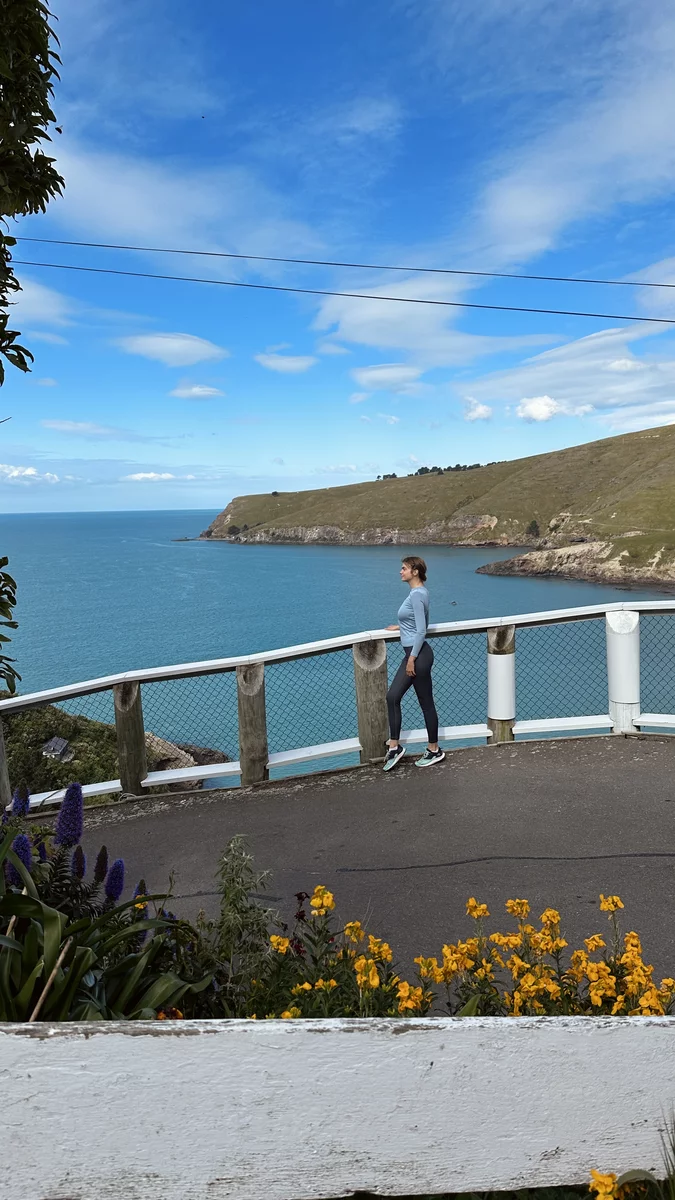
Do you want to share your personal experience of relocating and living in another country? Email us at info@realting.com. We will be happy to tell your story.
Author
I am responsible for editorial work. I write expert interviews and guides.








